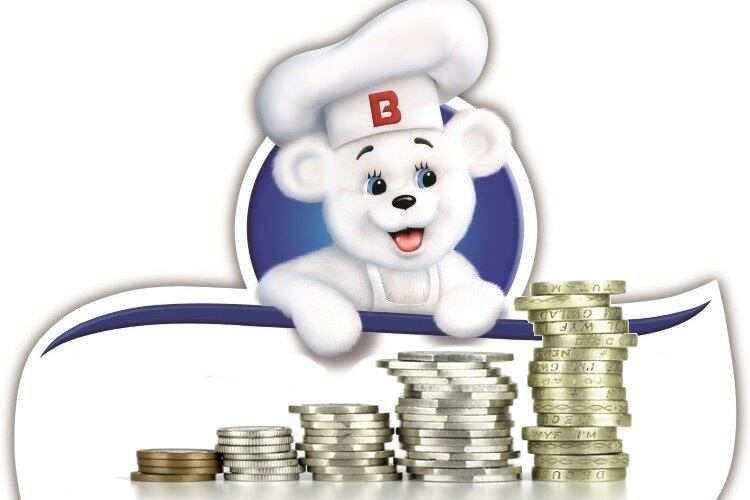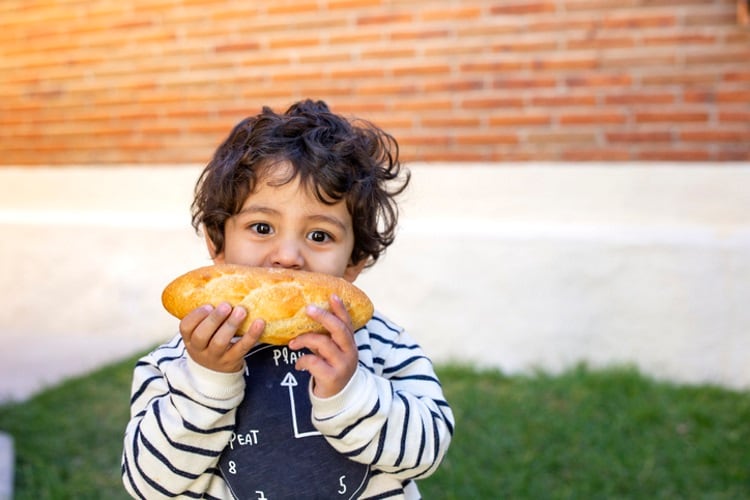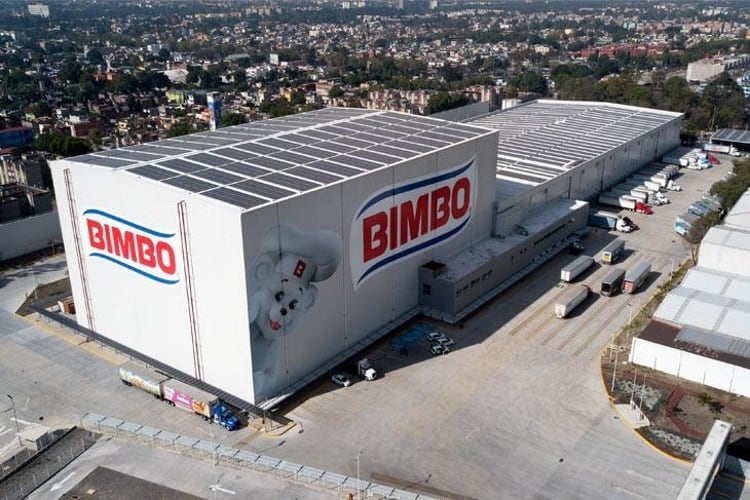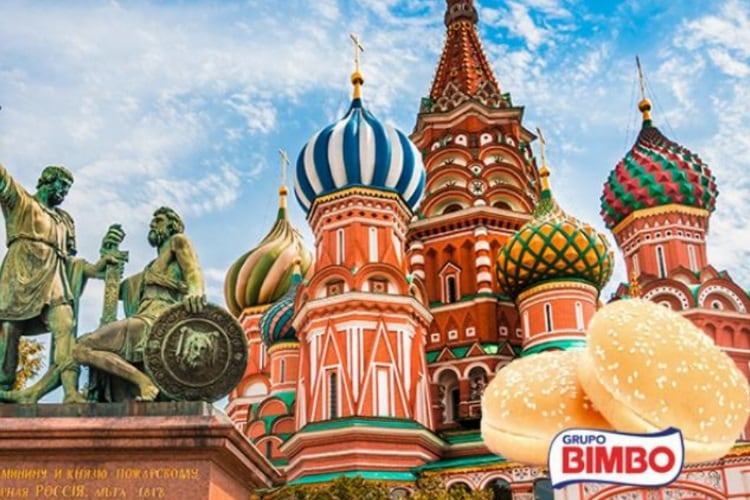Mexico’s annual inflation reached a 21-year high in March, with consumer pricing rising by 7.45% from a year earlier, above the estimate of 7.38%. The country’s central bank, Banxico, said inflation would peak in the first quarter, then slow to 5.5% by the year’s end. However, this is still way above its target of 3%.
Rising inflation has become a political headache for President Andres Manuel Lopez Obrador, who said earlier this week the government is working on a plan to control the price rises on food.
Bimbo said it has had preliminary talks with the government about bread prices, but CEO Daniel Servitje confirmed on a conference call with analysts that it is considering more price increases to offset spiking costs.
Record levels of Q1 sales
Despite the mounting challenges, Grupo Bimbo posted a 17.8% increase in sales to 93.32 billion pesos ($4.5bn).
In Mexico, sales improved by 19.5%, attributable to volume growth, favourable product mix, and price increases, while in Latin America as a whole, net sales (excluding the FX effect) increased 25.1%.
North America saw net sales growing 18.8% in dollar terms. EAA reported a 21.1% increase, in part driven by the contribution from the acquisition of Modern Foods and Kitty Bread in India.
“We had a very strong start in the year, [reaching] record level of sales for our first quarter and gaining market share in several categories,” said Servitje.
He noted Bimbo’s salty snacks, buns and rolls, snack cakes, pastries and confectionery categories outperformed, along with its QSR business and performance in Mexico and Latin America.
“However, we are experiencing expected margin pressure from a highly inflationary environment globally. More specifically, we're seeing increases in commodity, freight and label costs, as well as shortages across the supply chain, in the US, UK. and Canada.”
Servjite said Grupo Bimbo has been leveraging several tools to offset rising inflation, including revenue growth management strategies, category and product mix, and specifically price increases.
He said the company will continue with this approach.
“We’re simplifying our portfolio and implementing cost control initiatives in several countries to continue strengthening our profitability. Going forward, we will keep our focus on rebuilding and expanding our distribution to further strengthen our profitability in the region.”
Suspends operations in conflict areas
Servijte said Russia’s invasion of Ukraine has also changed the environment dramatically.
Bimbo has operations in both countries, primary serving the QSR channels. They account for less than 0.5% of Bimbo’s consolidated net sales, but Servitje said “the byproduct of this conflict is commodity price volatility.
“We decided to suspend sales of our Bimbo brand and hold new investments as well as new capital and marketing investments in the country.
“Our priority and biggest concern are that well-being of our associates in both countries. And we're helping them through different actions to protect safety. They will continue to receive support from us through these difficult times.”
The divestment of Ricolino
Moving onto more positive news, Servijte said the company’s decision to sell Ricolino to Mondelez was to entirely place focus on its core businesses, grain-based foods.
“We plan to continue to grow and further consolidate our position as the largest baking company in the world.”
The Mexico City-headquartered company is also ramping up its investment in the country – and half of its global CapEx for the year is earmarked to go wards a new plant in Monterrey, new baking lines in Tijuana, and one of the fastest bond lines in the world in Toluca.
“We are cautiously optimistic about the future as we face a dynamic and evolving environment, including labour shortages, inflation, and consumer spending uncertainty.
“However, we're laser-focused on what we can control and believe we will overcome these challenges and succeed in the year,” said Servitje.





